-
Community Forests Advance Local Wildfire Governance and Proactive Management in British Columbia, Canada
This paper examines how community forests in British Columbia, Canada, are transforming wildfire governance by shifting away from traditional, centralized, and reactive approaches toward proactive, locally-driven management. The authors highlight th...This paper examines how community forests in British Columbia, Canada, are transforming wildfire governance by shifting away from traditional, centralized, and reactive approaches toward proactive, locally-driven management. The authors highlight that CFs, which are long-term forest tenures managed by Indigenous and/or local communities, act as local leaders in mitigating wildfire risk. Their success hinges on crucial factors such as financial and social capacity, particularly the ability to build trust and strong relationships with both community members and government agencies. Despite persistent challenges, the study concludes that CFs are a critical form of local wildfire governance, effectively implementing diverse strategies and fostering a fire lens in forest management to enhance wildfire resilience across various scales. -
Boundary Spanners Catalyze Cultural and Prescribed Fire in Western Canada
This paper highlights the crucial role of boundary spanners in addressing the escalating challenge of wildfires in Western Canada. These individuals and organizations bridge critical gaps, spanning different knowledge systems, organizations, and geog...This paper highlights the crucial role of boundary spanners in addressing the escalating challenge of wildfires in Western Canada. These individuals and organizations bridge critical gaps, spanning different knowledge systems, organizations, and geographical areas, to foster collaboration and implement proactive fire management strategies, such as cultural and prescribed burning. The authors emphasize that despite the vital work of boundary spanners in building trust, sharing knowledge, and developing capacity, their contributions are often undervalued and lack sufficient institutional support. The piece concludes by asserting the urgent need for dedicated investment in boundary spanning roles to effectively integrate diverse expertise and facilitate collaborative, equitable solutions for wildfire management.


